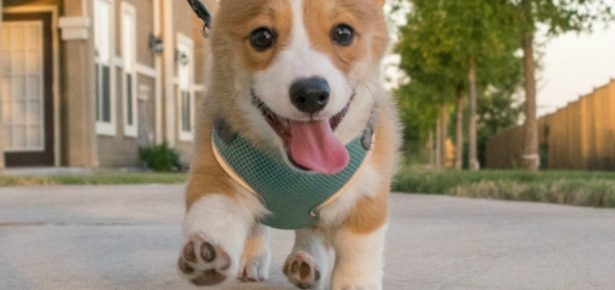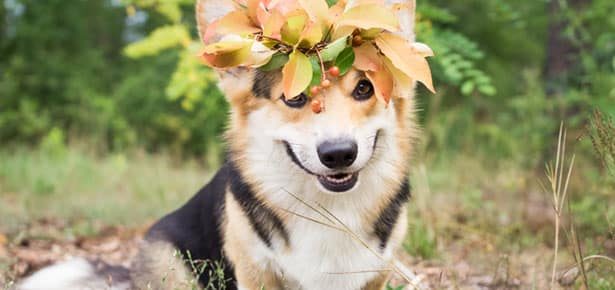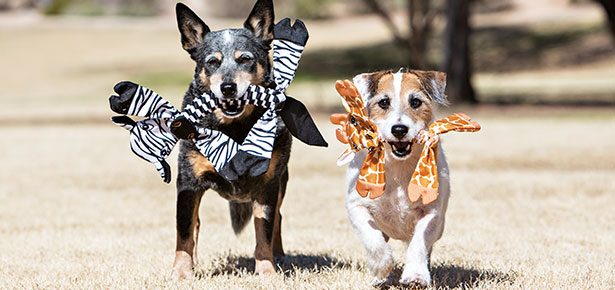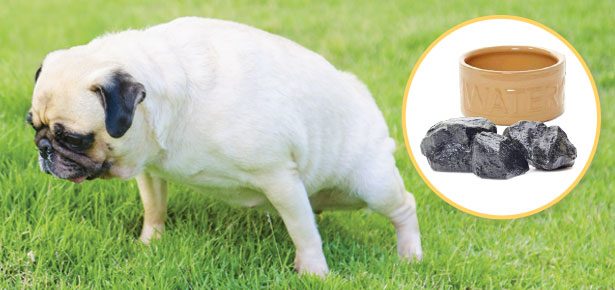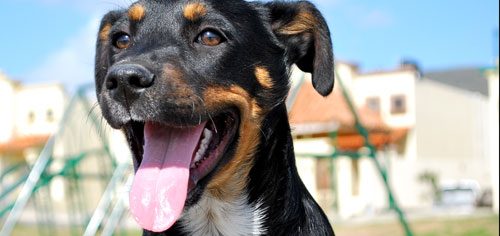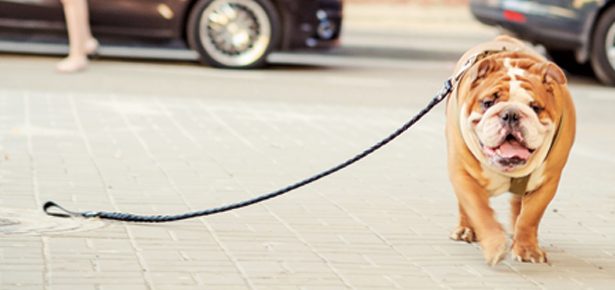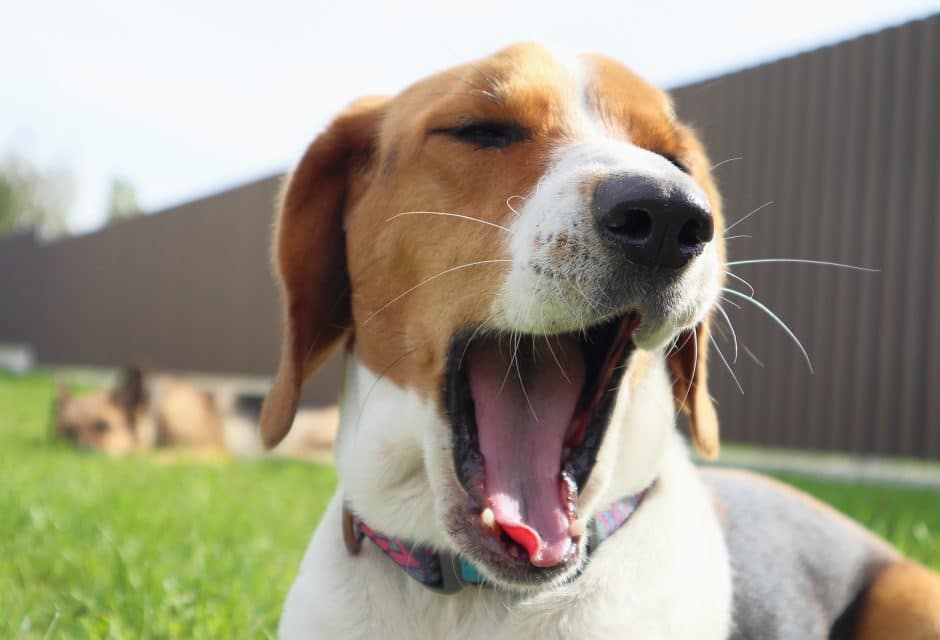
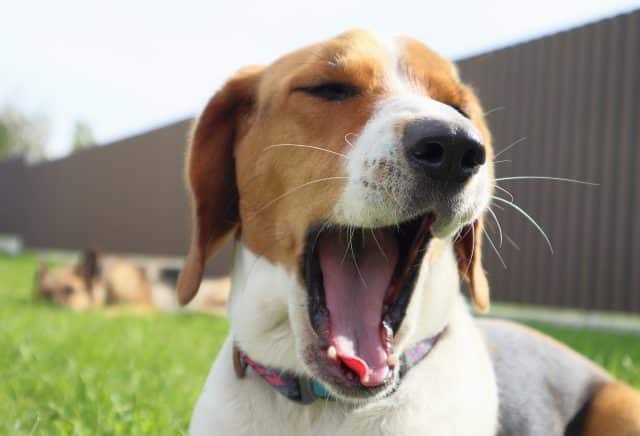
Why Does My Dog Yawn When I Pet Him?
Find out what your dog's yawn is communicating to you
At Modern Dog magazine, nothing gives us more joy than sharing our doggie passion with you. Our puppers give us so much joy, and we’re fanatical about how to repay the favour.
Today, we will discuss why dogs yawn when you pet them and other fun doggie information about yawning.
We’ve made it easy for you if you’re looking for fast answers! Scroll down past the picture below and the following two paragraphs, and we’ve summarized what we’ve learned on our doggie journey. Want to know even more? We’ve provided a full, detailed article for you. 🙂
The world of dog yawns is intriguing, especially for fans of our furry friends like us. The line between nap time signals and secret codes is vague in this realm! Prepare to unravel the coded messages behind your furry friend’s yawn, which might scream boredom to the untrained eye.
Yawning can be a tale of joy, anticipation, stress, and even subtle dog diplomacy in the canine universe! So buckle up and dive into the mystery of dog yawns, where each yawn speaks volumes about your pet’s feelings.
1. Why does my dog yawn when I pet him? The answer depends on the situation and how your dog is feeling. Sometimes, they could be excited that you’re showing them affection, or your furry friend might not be in the mood.
2. Why do dogs yawn? Dogs yawn for various reasons, including stress, confusion, indifference or you!
3. Why do dogs yawn when you cuddle them? Yawning while cuddling can indicate stress or affection, depending on the dog.
4. Do dogs yawn when they are happy? Sort of! Changes in emotion, like boredom to exited, can make dogs yawn.
5. Do dogs yawn when tired? Yawning can signify tiredness in dogs, just like in humans.
6. Can dogs fake yawn? While it’s difficult to determine if dogs can intentionally fake yawns, they do yawn to communicate their emotions.
7. Are yawns contagious to dogs? Yes, yawns can be contagious to dogs, and they may yawn in response to seeing their owners or other dogs yawn.
Why Do Dogs Yawn?
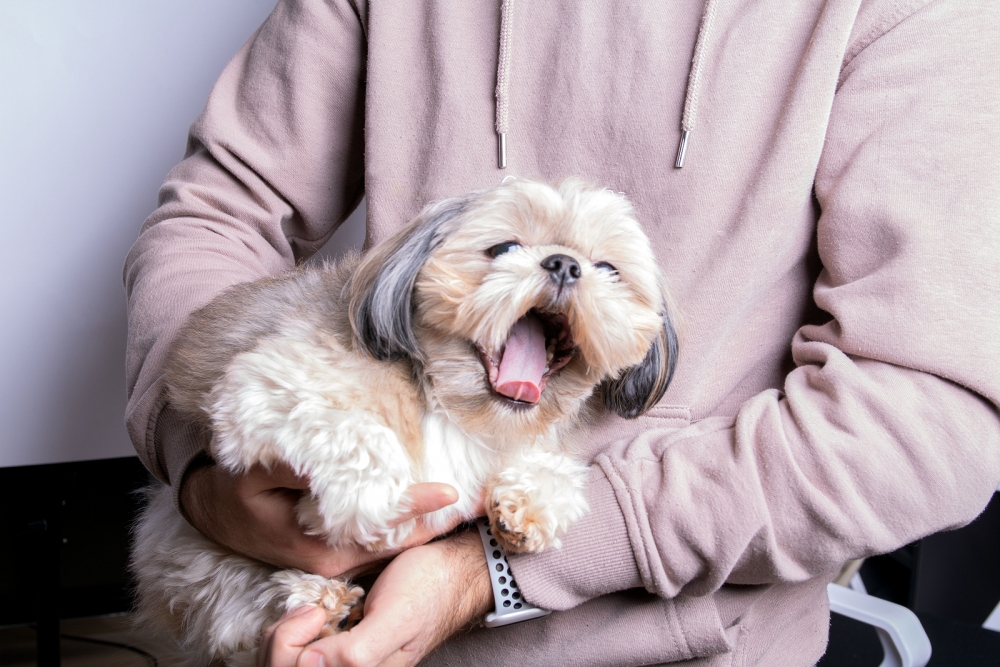
Photo Yaraslava Melchanka/Bigstock.com
The yawn of a dog—a simple yet curious act that can mean different things depending on the context and circumstances.
Picture this: you reach for the leash, and your pup yawns. Your pup’s gesture is not a sign of boredom; quite the contrary! It’s their way of saying, “The squirrels are waiting; let’s hustle!”
At the park, a friendly yawn towards a fellow fur-mate is like a gentlemanly nod, ensuring the fur stays unruffled in their social circles.
The plot thickens with the stress yawn— cue the dramatic music— as the vacuum (a.k.a the household monster) roars to life.
Sometimes, a yawn is simply a cue for a snuggle or nap, showcasing your pooch’s different moods, one yawn at a time, making them all the more endearing.
The next time your pup yawns, take a moment to observe the context and surroundings. You might decipher their secret message or get in some quality cuddling time.
Dog Yawns and Body Language
Body language of dogs is a topic we could spend hours writing about (and will!), so we won’t get too detailed in this article, but yawning alone may make it challenging to identify how your pup is feeling. When paired with doggie body language, it becomes easier to understand what your dog is trying to communicate.
Is your pup’s tail wagging? Ears perked? Looking relaxed and comfy? All this will come into play when determining how a yawn should be perceived.
And as with any dog behaviour, it’s crucial to consider the context and their usual behaviour patterns.
In summary, yawns are essential for dogs to communicate their feelings. Whether signalling playtime, showing affection, or calming nerves, a dog’s yawn speaks volumes about how they feel in that moment.
Excessive Yawning
We will cover this topic in a future article. However, you should know that excessive yawning may cause concern if your furry friend has begun yawning more than usual; finding out why is essential.
Yawning can be a sign of stress in dogs. Is there a specific situation that’s causing it? If you need more clarification, booking a vet appointment for a checkup can alleviate your worries.
Dog Yawning While Training
You can teach your furry friend actions and tricks through repetition. Still, it’s vital to remember that learning something new can be challenging for pups.
Yawning in dogs is linked to stress; just like us, going through a learning adventure can be stressful.
If your pup is yawning while you’re going through training, maybe it’s time to take a break… or better yet, change the tone and break out the treats? 🙂
Calming signals and stress yawns
A stress yawn is one of the many calming signals dogs use to communicate with each other and humans. Calming signals are behaviours that signal a dog is feeling nervous or under pressure.
Like any other body language, dogs can pick up on these cues between themselves— similar to how humans read facial expressions in conversations. It’s fascinating how much we have in common with our furry friends.
As dog owners, it’s essential to understand these signals and provide a safe environment for our pups. If you notice your pup yawning excessively or using other calming signals, it may be time to assess the situation and change their routine.
Why do dogs yawn when you cuddle them?
Pupper could be stressed about the situation or happy; it depends on the pup!
Occasionally, you may notice your furry companion breaking into a wide, perhaps not-so-obvious yawn as you snuggle up with them.
Yawning can be one of Rover’s quirky ways of coping with the joy or slight nervousness of the whole ordeal – a sign of pacifying the over-stimulation or diffusing the high-intensity cuddle situation. Think of it as a coping mechanism.
- Dogs have this knack for employing yawns to communicate, regulate emotions, or cool their busy minds. They might just be trying to tell you, “I love this, but I’m a tad overwhelmed!”
- So, the next time your dog yawns while you cuddle them, it could be a sign they’re enjoying the hug but may also need a little break.
- Dogs may yawn when excited or anticipating something enjoyable, like going for a walk or being fed.
- Yawning can also be calming, indicating your dog wants a more relaxed environment.
- Stressful situations, such as new environments or vet visits, can cause dogs to yawn.
- Dogs may yawn when confused or experiencing conflicting emotions, especially during learning sessions.
- Yawning can be contagious; dogs may yawn in response to their owners’ yawning.
- Dogs may also yawn when happy and content, especially during cuddle sessions with their owners.
Do dogs yawn when they are happy?
Sort of!
Dogs often yawn when moving from boredom to alertness. A happy pup may yawn when anticipating something exciting, like a walk or playtime with their owners. When your dog is comfortable and relaxed, they may also yawn to show contentment.
Do dogs yawn when tired?
They sure do!
Like humans, dogs may also yawn when tired as it can help regulate oxygen levels in the body and increase blood flow, which can provide a burst of energy. So the next time you see your dog yawning after a long play session, don’t be surprised – it just means they’re ready for relaxation!
However, excessive yawning or lethargy could also indicate an underlying health issue, so it’s always important to monitor your dogs’ behaviour and consult a veterinarian if you have any concerns.
Can dogs fake yawn?
We’re not sure!
Doggie scientists don’t think so – but they have concluded that dogs can identify and ignore fake yawns from their owners or strangers.
Are yawns contagious to dogs?
YES, but only for really cool people.
A scientific study investigated the phenomenon, confirming the contagiousness of yawning from humans to our furry friends.
One doggie study suggests that our puppers only yawn in response to us and not strangers, and this may indicate that while dogs show empathy, it may be more specific to their human families.
This behaviour hints at a deeper emotional connection between dogs and their owners, which is, needless to say, quite endearing. It turns the simple yawn into a small, sleepy sign of affection.
Moving onto a quirky observation, each reciprocated yawn is like a little hat tip between you and your furry companion, a quiet acknowledgment of your bond.
Although dogs showing empathy might raise eyebrows higher than a surprised poodle, the studies suggest there’s more to a dog’s yawn than meets the eye.
If you find yourself in a yawning duet with your canine buddy, take a moment to appreciate the interaction. It’s just one of the many understated ways our dogs nudge into our lives, making the mundane amusing—the yawn – a small but warm gesture in the quiet language of companionship.
Conclusion
Dogs yawn for various reasons, from communicating emotions to regulating stress levels. Understanding your dog’s body language and surroundings is essential when deciphering their message.
Whether they’re yawning out of happiness or need a break from the cuddles, each yawn is a cute and quirky way our furry companions communicate with us.
So the next time your dog yawns, you can share a yawn back and enjoy the special moment between two best friends.
Join the newsletter and never miss out on dog content again!
"*" indicates required fields
By clicking the arrow, you agree to our web Terms of Use and Privacy & Cookie Policy. Easy unsubscribe links are provided in every email.
